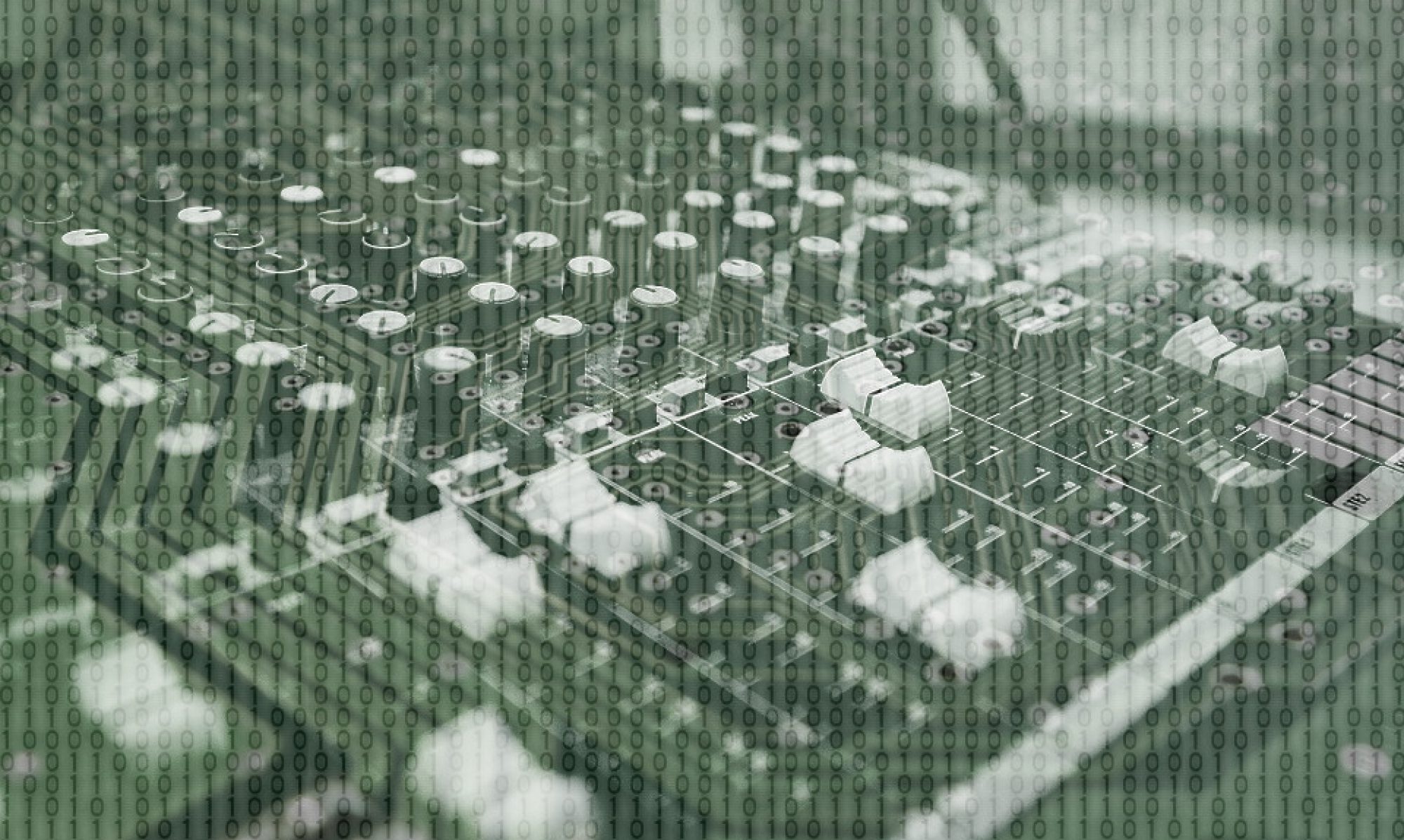Who am I:
I’ve been a musician interested in technology my whole life, but I got my jump start into the depths of Music Technology in the Future Music Oregon program at University of Oregon. Being a member of the Oregon Electronic Device Orchestra and exploring electrical engineering in music making really opened my eyes to new possibilities (using arduino, circuitbending, etc). However the cost of much of the hardware and software used was very limited by being proprietary: as well as being expensive and inaccessible to most people.
Luckily I met Aaron Wolf in 2016 who introduced me to Linux. I started to understand the benefits of Free / Libre / Open-Source Technology (such as Linux), and became a team member of the Snowdrift.coop project. Since then I’ve able to collaborate on a variety of music projects, create the Glass Beatstation, and have more recently become a Luthier to convert traditional guitars into Kite Guitars. I also teach electronics in the Portland area.
This site is dedicated to the exploration of expressive potential: in particular, with technology emphasizing the usage of Free/Libre/Open Source (FLO) hardware and software.
Accessibility, ecological impact, and freedom (especially in the digital age) is very important. The development of FLO software and hardware can benefit all of these things
I use a variety of technologies, and almost exclusively FLO software: My intent is to help people who want to create by providing pathways to access tools which they can replicate, modify, and redistribute how they wish, as long as they give proper credit and do not prohibit others from doing the same. These are some of the primary principles of the copyleft license. They apply to software in particular, and other non-rivalrous items. I want to streamline the needed tools in order to minimize effort and cost of creating, regardless of medium. Whether you can’t afford to purchase software that costs hundreds of dollars, or you want full autonomy when it comes to using software and hardware, this type of licensing is an important distinction to be aware of.
The most obvious example is GNU/Linux (also referred to as just Linux). If you are not familiar with what Linux is, consider it as a free alternative to other operating systems such as Windows or MacOS. When I say free, I mean Free as in Freedom which means you can alter the way in which the most minute details of how it to runs, if you so choose. In the past, Linux required how more of a learning curve, but nowadays it’s actually quite easy to use – and of course, free to download and try: you can either replace or install it alongside your current OS: That way allows you to dual boot, or choose which system you want to use when you start up your computer. You can also install onto a USB drive if you would like to give it a test run before installing directly on your computer, or run in a virtual environment on your current system (in those cases though, it won’t run quite as fast as when it’s directly installed on your hard-drive. There are an absurd number of ‘distributions’, or different versions of Linux: the most commonly known one is called Ubuntu (which also has different flavors/versions as well). All of this is out on the web for you to pick and choose what you’d like.
I use Linux on my laptop, my desktop, and on my Raspberry Pi. I highly recommend you try it out if you haven’t already! Most of the tools I will document will be Linux-based. Thanks for visiting and I hope you find this site useful!
